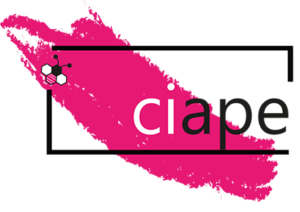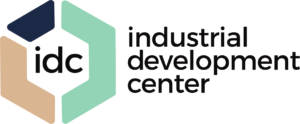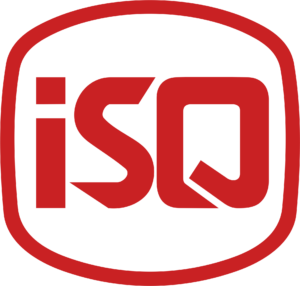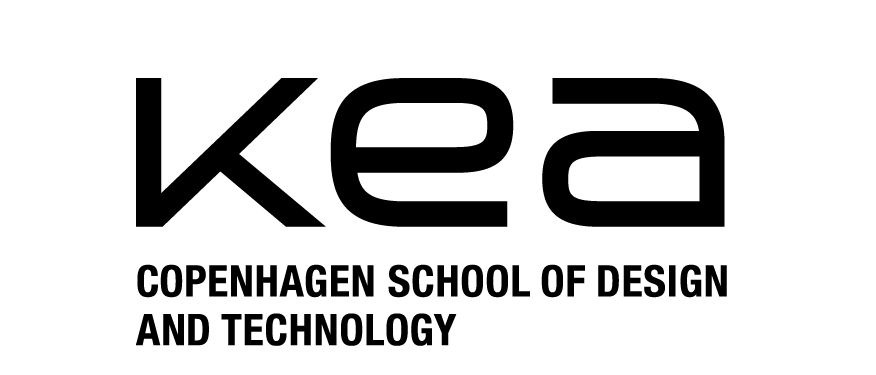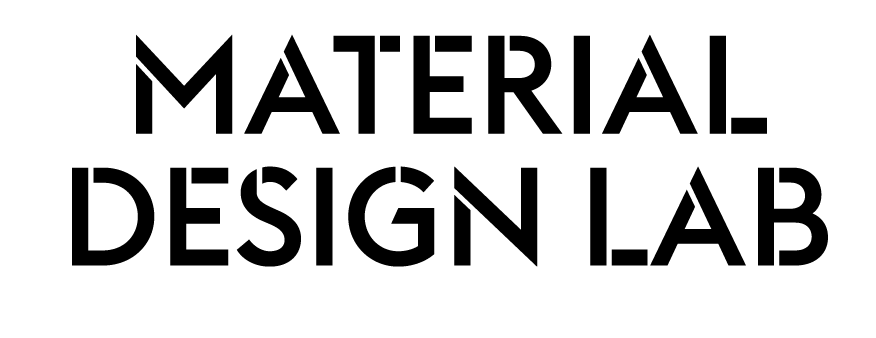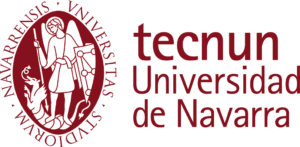Project
Datemats project aims to transfer and implement a unique design-led teaching method for students with a mixed background (design and engineering) in the field of Emerging Materials and Technologies (EM&Ts), and to boost knowledge and technology transfers from academia and research centres to industry.
New materials and technologies represent a key-factor not only to obtain better performances and innovative solutions, but also to enhance the product language in terms of new experiences and original expressive-sensorial dimensions.
EM&Ts are at the leading edge in several sectors and are one of the key-elements through which industries stimulate innovation processes and foster creativity. The landscape of EM&Ts requires new interdisciplinary and transdisciplinary approaches in education, industry and business.
By focusing on design methods, entrepreneurial skills, socio-cultural factors, and innovation potentials of EM&Ts, Datemats project contributes to fulfil the university’s third mission, strengthening the ‘knowledge triangle’ by linking education with research and innovation, stimulating the social and economic development.
Objectives
The diversity and speed of change in the landscape of EM&Ts provides great opportunity for an open innovation approach in which knowledge intensive sme’s and universities play a critical role in realizing the potential economic benefits.
Datemats aims to generate innovation in higher educational models and knowledge transfer methods. The initiative is going to:
- transfer and implement a unique design-led teaching method in the field of EM&Ts for students with a mixed background (design & engineering), boosting also their entrepreneurial skills and addressing the needs of businesses related to EM&Ts;
- foster knowledge and technology transfer from academia and research centres to industry in a designerly way developing new guidelines and approaches.
To achieve these macro objectives, Datemats is implementing several activities and is working to co-create several outputs:
- teaching methods and training framework, methodology and guidelines addressing EM&Ts
- workshops addressed to managers from companies and startups in specific EM&Ts areas
- Cross-competence pre-mobility and mobility activities for students and academic staff
4 EM&Ts areas
Datemats investigates and focuses on four specific macro-area of Emerging Materials and Technologies considering the universities’ fields of activities, competencies and expertise.
The four EM&Ts areas are:
The developed methodologies for each EM&Ts areas will represent an improvement in the education of new skills for industrial design and engineering students.
Datemats is going to involve professionals and stakeholders of different industries throughout the project to detect the most valuable methods in transferring knowledge within its stakeholder group.
Partners
An interdisciplinary consortium to support the exchange of good practices, mutual learning and the development of joint results, involving a total of ten partners connecting six countries from Europe’s North to the South: Finland, Sweden, Denmark, Italy, Spain and Portugal.
Datemats project deals with the very wide area of Emerging Materials and Technologies (EM&Ts). In order to guarantee the scientific relevance of the outputs, four higher education institutions with courses in design and engineering are part of the consortium to share and transfer their expertise in four specific EM&T-areas. Moreover, the involvement of private bodies acting as material libraries, industrial development & business centres, knowledge transfer & design centres enables an inclusive perspective connecting the consortium with the relevant target group.





